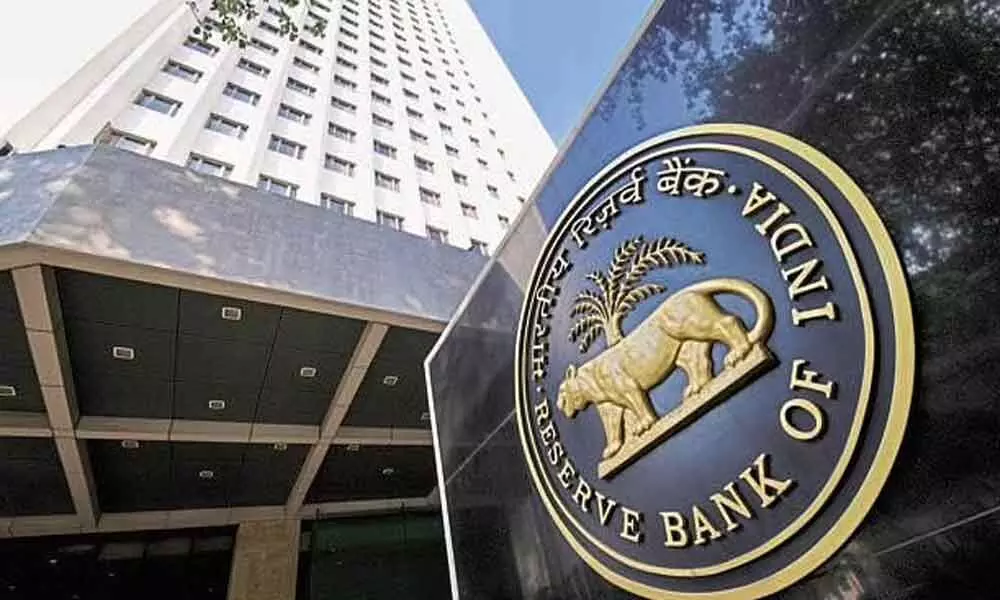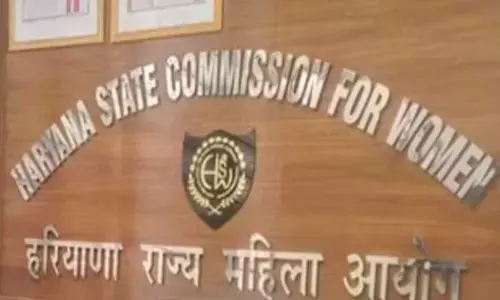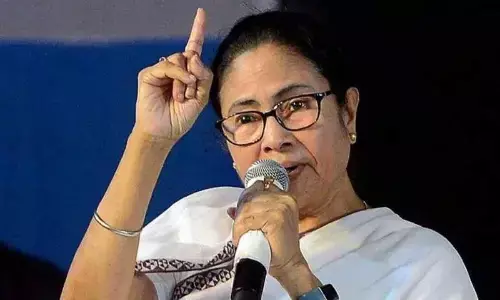RBI's releases report on Trend and Progress of Banking in India 2019-20; It says IBC brought traction in Recovery

Reserve Bank of India
The Reserve Bank of India has released the Report on Trend and Progress of Banking in India 2019-20. The broad theme of this year’s report is the impact of COVID-19 on banking and non-banking sectors, and the way forward.
The Reserve Bank of India has released the Report on Trend and Progress of Banking in India 2019-20. The broad theme of this year's report is the impact of COVID-19 on banking and non-banking sectors, and the way forward.
This report presents the performance of the banking sector, including co-operative banks, and non-banking financial institutions during 2019-20 and 2020-21 so far.
In a report on trends and progress of banking in India, the RBI indicated the impact of the COVID-19 pandemic is yet to be fully felt, though the domestic economy has shown signs of recovery. The GNPA ratio of banks declined from 9.1 per cent of total assets at end-March 2019 to 8.2 per cent at end-March 2020 and further to 7.5 per cent at end-September.
The highlights of the Report:
* During 2019-20 and the first half of 2020-21, scheduled commercial banks (SCBs) consolidated the gains achieved after the turnaround in 2018-19.
* SCBs' gross non-performing assets (GNPA) ratio declined from 9.1 per cent at end-March 2019 to 8.2 per cent at end-March 2020 and further to 7.5 per cent at end-September 2020.
* Capital to risk-weighted assets (CRAR) ratio of SCBs strengthened from 14.3 per cent at end-March 2019 to 14.7 per cent at end-March 2020 and further to 15.8 per cent at end-September 2020, partly aided by recapitalisation of public sector banks and capital raising from the market by both public and private sector banks.
* Net profits of SCBs turned around in 2019-20 after losses in the previous two years; in H1:2020-21, their financial performance was shored up by the moratorium, standstill in asset classification and ploughing back of dividends.
* The Reserve Bank undertook an array of policy measures to mitigate the effects of COVID-19; its regulatory ambit was reinforced by legislative amendments, giving it greater powers over co-operative banks, non-banking financial companies (NBFCs), and housing finance companies (HFCs); and it also undertook a series of initiatives to bolster its supervisory framework.
* The recovery process gained traction with the resolution of large accounts through the Insolvency and Bankruptcy Code (IBC); the Securitisation and Reconstruction of Financial Assets and Enforcement of Securities Interest Act, 2002 (SARFAESI) channel also aided the process of recovery.
* The balance sheet growth of Urban Co-operative Banks (UCBs) moderated in 2019-20 on lower deposit accretion and muted expansion in credit; while their asset quality deteriorated, increased provisioning resulted in net losses.
* The performance of state co-operative banks improved, both in terms of profitability and asset quality.
* The consolidated balance sheet of NBFCs decelerated in 2019-20 due to near stagnant growth in loans and advances although some improvement became visible in H1:2020-21; notwithstanding a marginal deterioration in asset quality, the NBFC sector remains resilient with strong capital buffers.
* The Report also offers some perspectives on the evolving outlook for India's financial sector.














